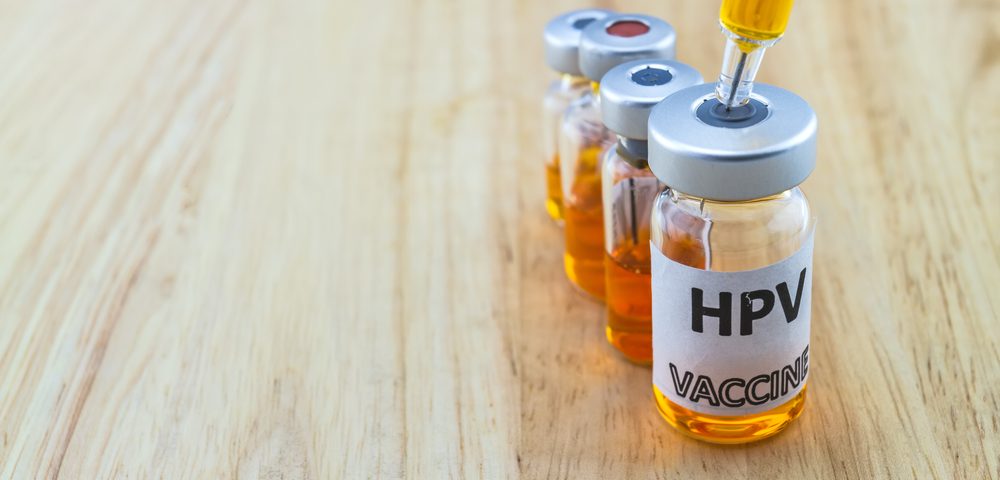Japanese women who became adolescents between 1993 and 2008, a period in which vaccination against cervical cancer was temporarily suspended, are at higher risk of having HPV16/18 infection, which is known to trigger the onset of cervical cancer. However, the infection risk can be decreased if vaccination is re-established.
The study, titled “Outcomes For Girls Without HPV Vaccination In Japan” was published by researchers from the Department of Obstetrics and Gynecology of the Osaka University, Japan, in the journal The Lancet Oncology.
“In Japan, HPV vaccinations became available to girls aged 13–16 years with public aid from 2010 and subsequently became routine for those aged 12–16 years from April 2013,” Yusuke Tanaka, MD, and colleagues wrote. “However, in the spring of 2013, the media repeatedly reported adverse events which were attributed to the HPV vaccination (including pain and motor disability), even though it is not exactly known whether these effects were actually caused by the vaccine. The Japanese Ministry of Health, Labour, and Welfare suspended its active recommendation for girls to receive HPV vaccinations in June, 2013.”
The study shows that girls who were adolescents in the period when vaccination was encouraged are less vulnerable to HPV infection, whereas girls that became adolescents when vaccination was discontinued are at higher risk of developing cervical cancer. In other words, the risk for cancer depends on the unfortunate year of birth. The calculated risk for HPV16/18 infection rises significantly each year that vaccination encouragement is suspended.
The authors strongly recommend that HPV vaccination encouragement is resumed before the end of 2016, to reduce the risk of future infection in different age groups and to ensure all women will receive protection against cervical cancer.
The researchers believe that even if the encouragement is now given not only to girls currently aged 13-16, but also to girls who were aged 13-16 during the vaccination suspension and did not receive the vaccine, it may reduce the rates of HPV infection and risk of cervical cancer. However, “if recommendation is not resumed until 2020, some girls might have had sexual intercourse by that time, increasing the HPV infection rate compared with that when resuming vaccination encouragement in 2016,” the researchers wrote.
According to the authors, similar trends are occurring in other countries. They hope that the alarming results obtained in this study will alert world leaders to the negative impact created when discouraging young girls to receive the vaccination, as these women will be at high risk of developing HPV-related cancers.

